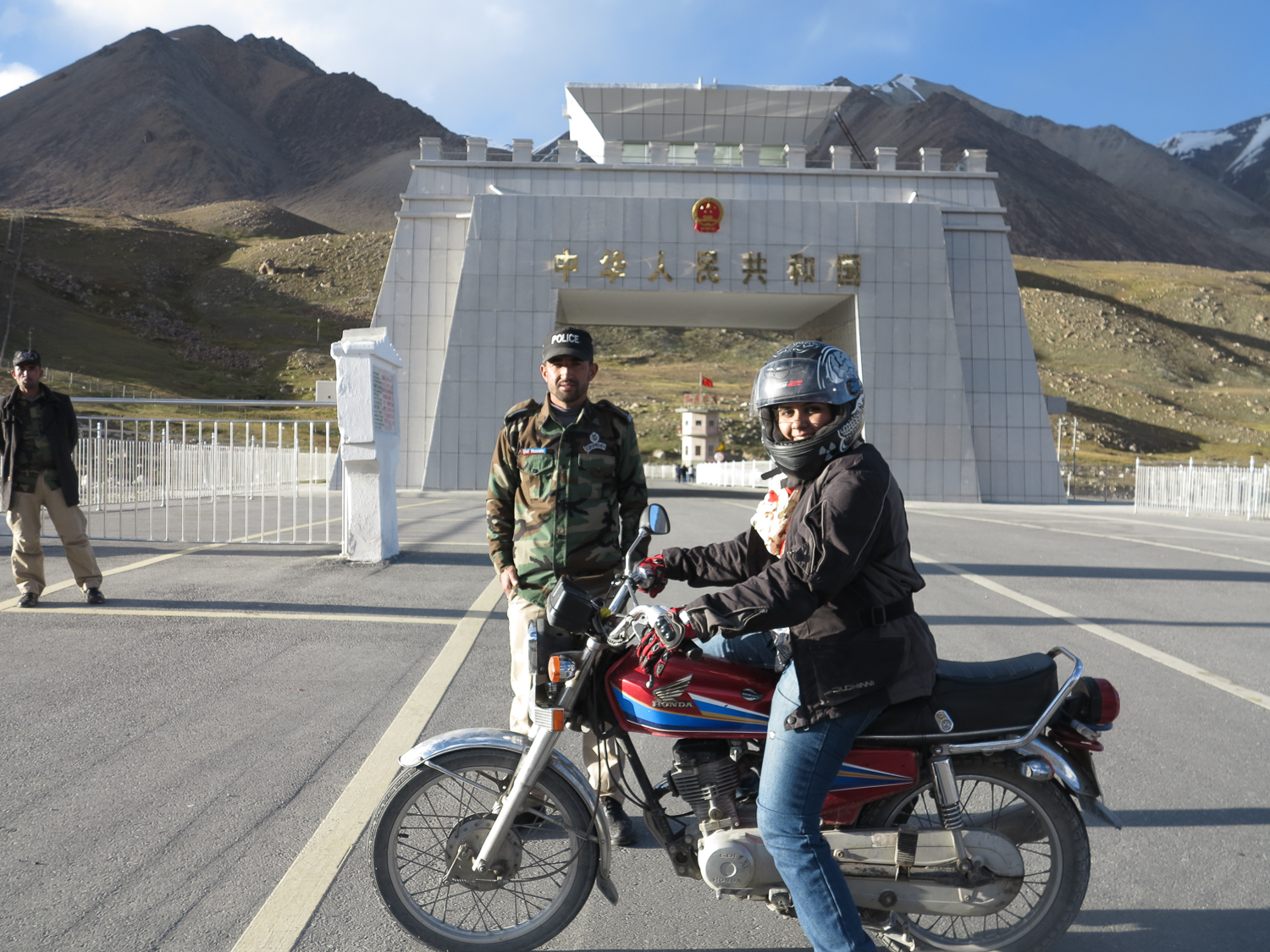The moment Zenith Irfan sat on her 70cc Honda, she felt it. The unfamiliar places and faces, the feel of the throttle beneath her palm. But the feeling was more than just the urge to be independent or explore. Her father’s unfulfilled dream of travel pushed Zenith off the pavement and across Pakistan, making her the first Pakistani female motorcyclist to cross the country.
From Lahore, Zenith shared with me via Zoom the importance of role models for young girls and the impact of her presence in small villages throughout the country. “They’re shocked when you speak because they don’t think you’re Pakistani,” she says. “They’re exposed to the idea that a woman can do this—wow.”
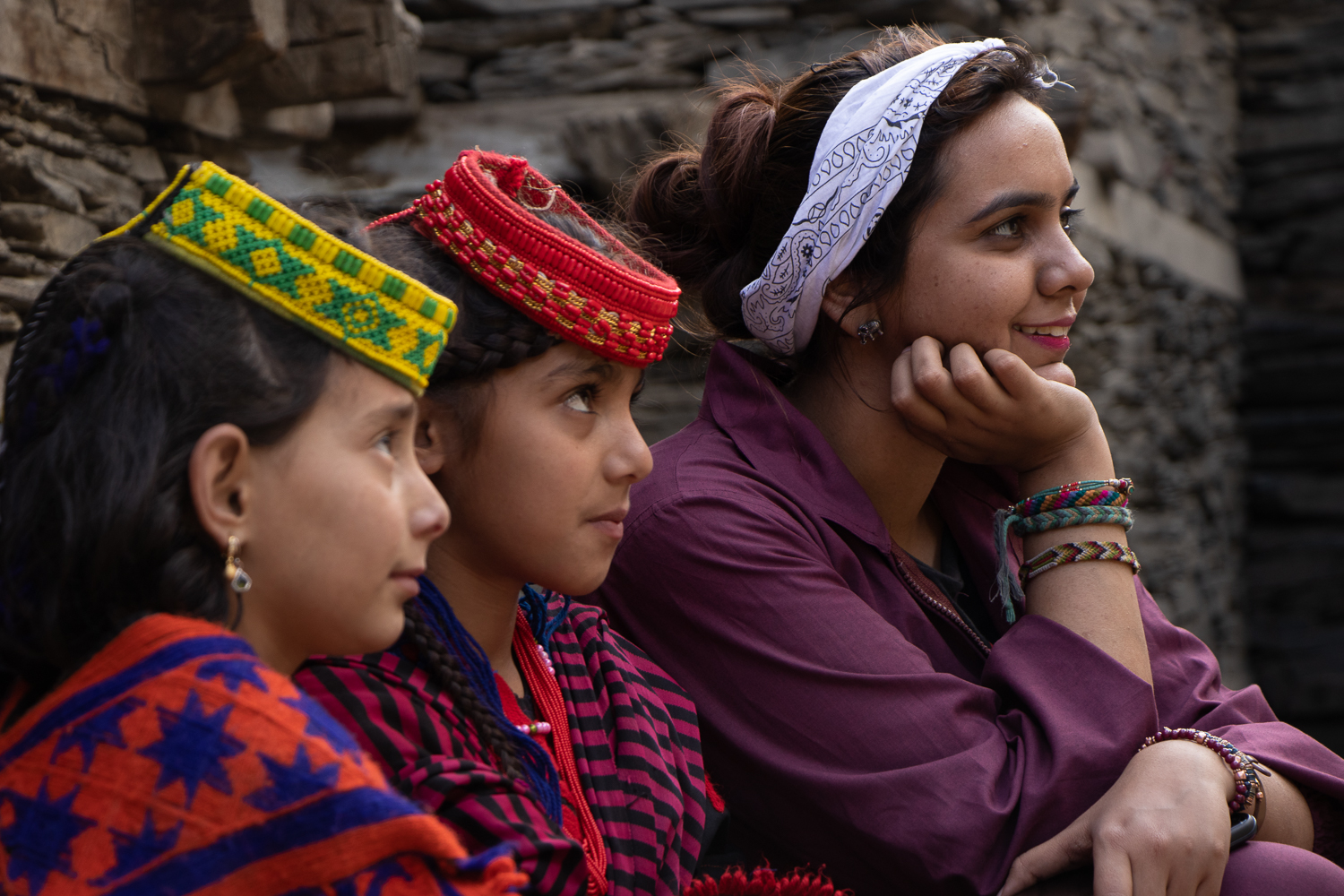
There aren’t many women motorcycle riders in Pakistan. What made you go for it?
I will have to take you back to the past and start with my childhood. I wasn’t born in Pakistan. I was born in the Middle East, in Sharjah, United Arab Emirates. My entire family migrated to the UAE back in the 1950s; even my mom was born there. She is a single mother—my father passed away when I was only 10 months of age, and my mother was pregnant with my brother.
My childhood was mainly [spent] going to school. And, of course, there were a lot of diverse people in my class. We had Arabs studying with us, Indians, and people from Kenya. We were exposed to that multicultural environment at a very young age.
I had to leave the UAE because my mother thought it was better for us to study in Pakistan. The education system in Sharjah wasn’t that good, and Pakistan’s was much better, so my mom decided to come over here in late 2007. It was a very bold decision for her to bring us there since she wasn’t aware of our own country and how we would adjust. It was a huge turning point for us as a family.
How did Pakistan differ from the United Arab Emirates at that time?
When I came over here at 13 years of age, I wore jeans and short shirts. I was told I couldn’t wear this anymore. People stare at you for being this open and Western. This was back in the mid-2000s. Things have changed drastically; now, you see girls wearing sleeveless shirts and skirts here in Lahore. But back in those days, it was pretty conservative.
I was feeling very low about coming to Pakistan and didn’t like anything here. We had frequent load shedding; there was no electricity, no proper water. It was hard for us, but slowly, I was able to adapt.
When did you start riding?
A few years later, I [decided] to go to university. I couldn’t commute freely or independently. I had to rely on rickshaw drivers, buses, and vans—private ones that drop off children at schools and colleges. It was very frustrating because you had to wait for them, and sometimes they wouldn’t come.
My mom knew [the importance of] becoming independent in your commute. That’s when my uncle proposed an idea to my mom. He told her, why don’t you buy a small motorcycle? My brother was also going to school, and we both were facing commute problems. That’s how we brought the first motorcycle to our house. It was a very small bike common in Pakistan, a Honda 70cc. I still remember the date, 5 January 2013.
Your mother valued independence in a conservative Pakistani society. How did your time in the UAE contribute to this?
When we bought that bike, the first thing my mother said [to my brother] was, “You have to teach your sister how to drive.” It was taboo for a mother to say that in Pakistani society because [people believe] they are very dangerous, and parents are very protective. There’s this mindset that motorbikes are unsafe and just for men. But my mother was different because we were bought up in the UAE. Doing these things was not very taboo for us. My mother did not see any gender associated with motorcycles.
There’s a misconception about Pakistan that it’s unsafe for women. But honestly, parents are just generally very attached to their children. Unlike in the West, we stay with our parents even after we get married. We have a different culture and are very family-oriented. Sometimes when somebody visits from the West, they are shocked to see that you haven’t moved out, even after you’re 18. It’s normal for all of us to stay together.
[My mother] allowed me to do [many] things and, of course, made sure I was safe. She always used to tell me, “I just want you to believe in yourself with whatever you do and make sure you don’t listen to all this background noise.”
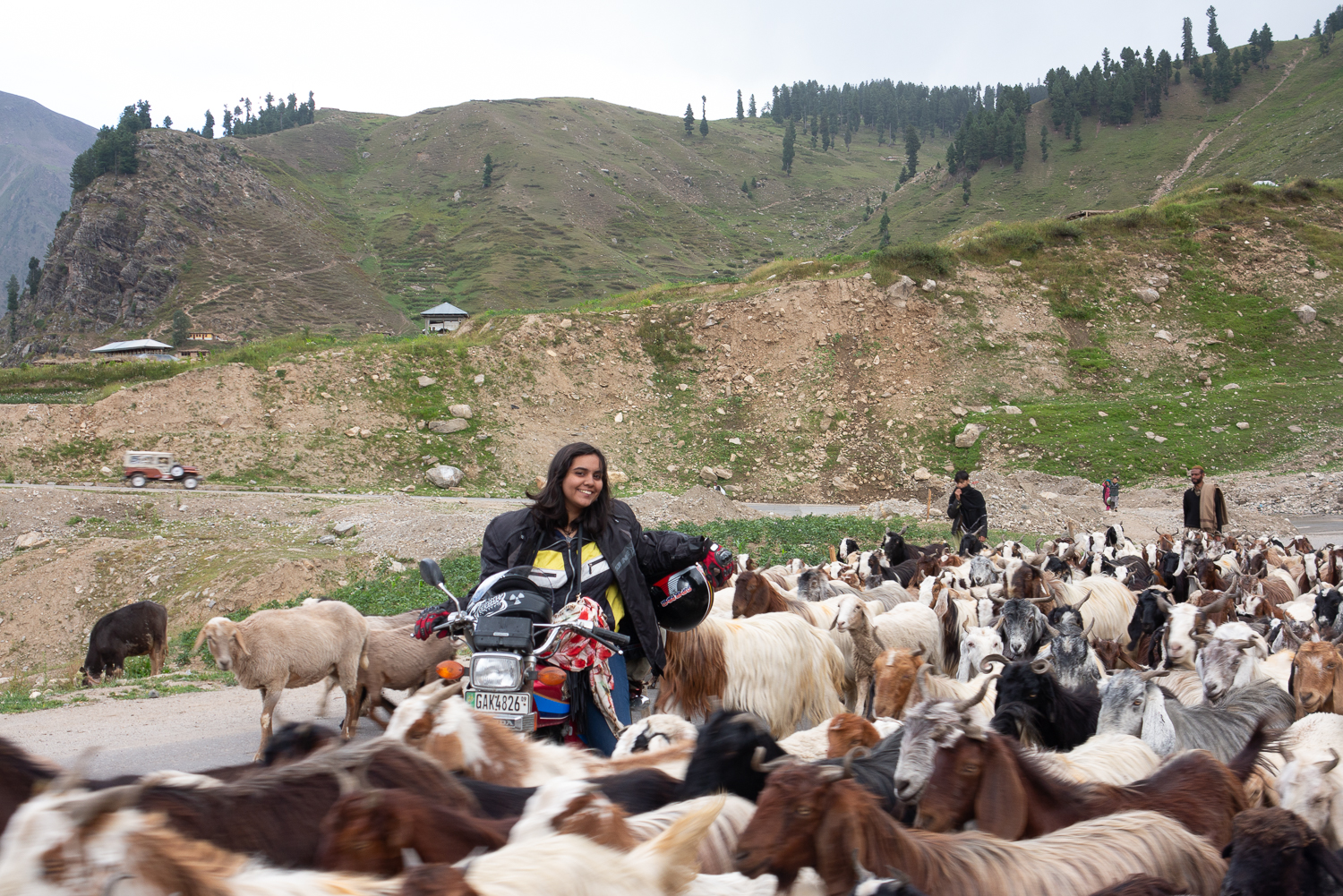
One of the reasons you began riding was to become independent, but another very significant reason was your father. How did your father’s dream of travel influence you?
My father was in the army, and he passed away when he was very young. He was on duty in a very remote area of the mountainous region of Pakistan. When he was there, he suffered a heart attack. It was surprising because my father was very fit. He would always tell his friends, “I want to travel. I want to do so much in life.”
One of his biggest dreams was to travel the world on a motorcycle and live a gypsy life free from financial obligations and responsibilities. He shared this with my mom, and she would listen to him and feel bad that he wanted to do something but couldn’t. He got married very quickly. He had me. Then my mother got pregnant again.
When he passed away, I asked my mom about my father because he was a mystery guy for me. I didn’t know about him or have any memories, just photographs. I was always asking questions. What did he like to eat? What did he want to do? That’s when my mom told me that he wanted to ride.
When I first learned about this, the first thing I questioned was, if he passed away, is it necessary that his dreams and passions die with him? I feel that dreams are powerful enough to remain. You pass on that dream to somebody else to carry forward if it’s big enough. I thought to myself, one day, I’ll do it. But I did not know how. I had no clue about how to ride. I was like, if Allah wants me to, I’ll do it. As soon as I sat on the motorcycle and put my hands on the accelerator, my father’s dream got reignited.
For the first few years, you mainly rode throughout the capital city of Lahore. How did you venture into off-pavement riding?
I met a motorcyclist online; I remember seeing his picture on Facebook with a bike. He was Pakistani, and I added him on Facebook and [said], “I ride motorcycles, and I see that you have been riding a lot in the mountains. Can you please guide me on how to do this?” That’s how we became good friends. He invited me to the Cholistan Desert Rally, [which] happens every year in February. Motorcyclists and Jeep drivers come together and show their passion for motorsports.
My brother and I took the next bus to meet him, and, of course, that was taking a huge risk because you’re just meeting a person online. But he was very kind and taught me how to ride on the highway. I was so scared of the traffic, with the fast cars. Then I learned how to ride in the desert. I was still so young—around 19 or 20 years of age.
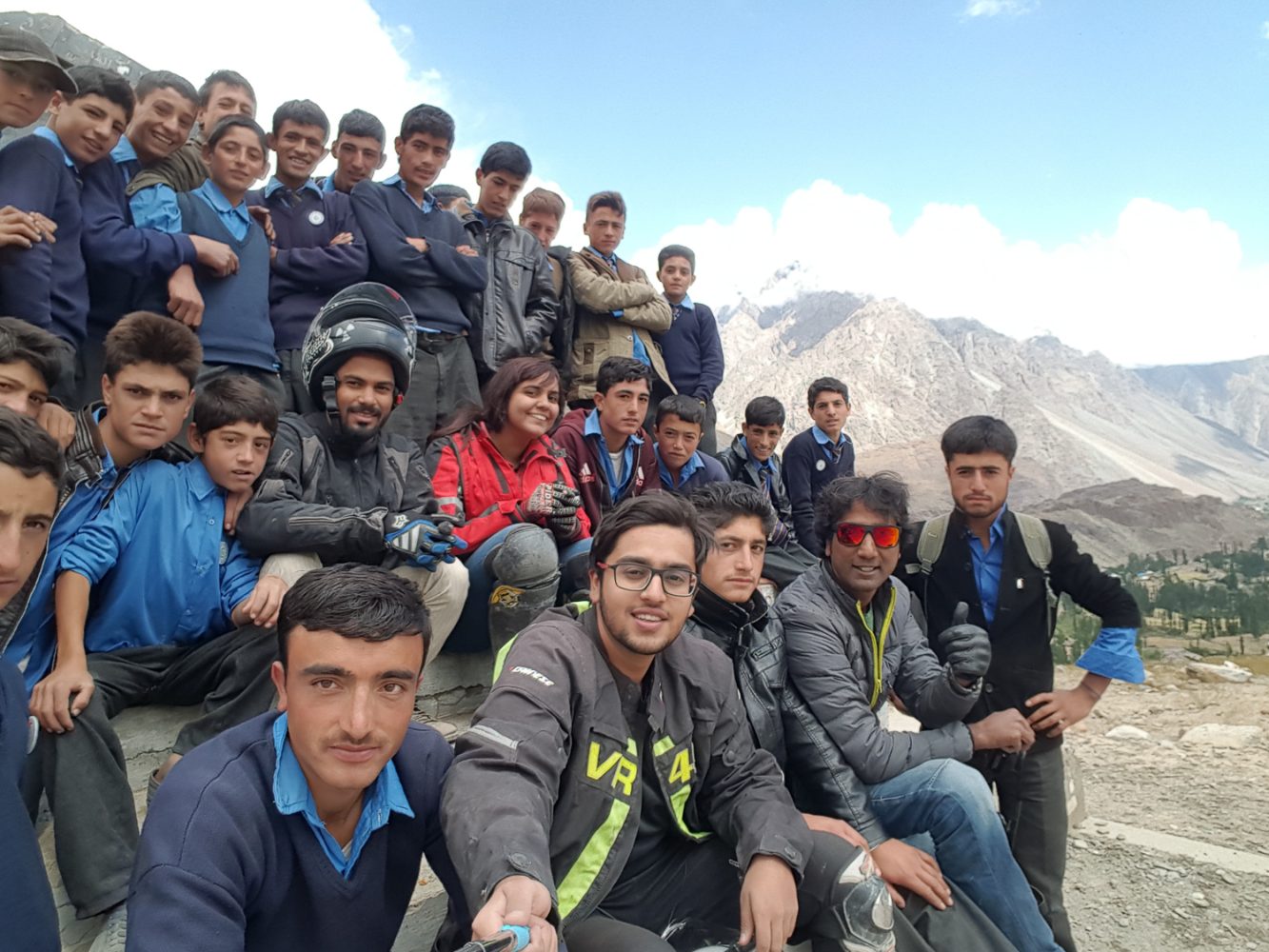
Was the biking community in Pakistan supportive of your dream?
At that rally, I met other motorcyclists who have done tours in Pakistan, and it was such a treat to be surrounded by those people. But I was sharing my dream to travel on my bike with a very famous motorcyclist traveling with his family. He said, “You can’t go alone. You’ll be raped.” He was so negative about the entire idea, and I was so taken aback and disappointed.
But when I got back to Lahore, I got a phone call from Adnan, who was in the crowd [at the Cholistan Rally]. He remembered me sharing my father’s dream and wanted to help me achieve this. At first, I was skeptical. What did he want in return for doing this? He came to our house and met my brother and mother. Adnan said that we would go to the north of Pakistan on 14 August, Pakistan’s Independence Day. He would give me his 125cc bike and teach me how to pack. I went with the flow, and since my brother was with me, I was comfortable.
The distance from Lahore to Islamabad is around 320 kilometers. It took me a long time and was so tough. My brother and Adnan were on other motorcycles, and we ventured into the north of Pakistan. From there, we went to Khunjerab Pass, which is at the border with China.
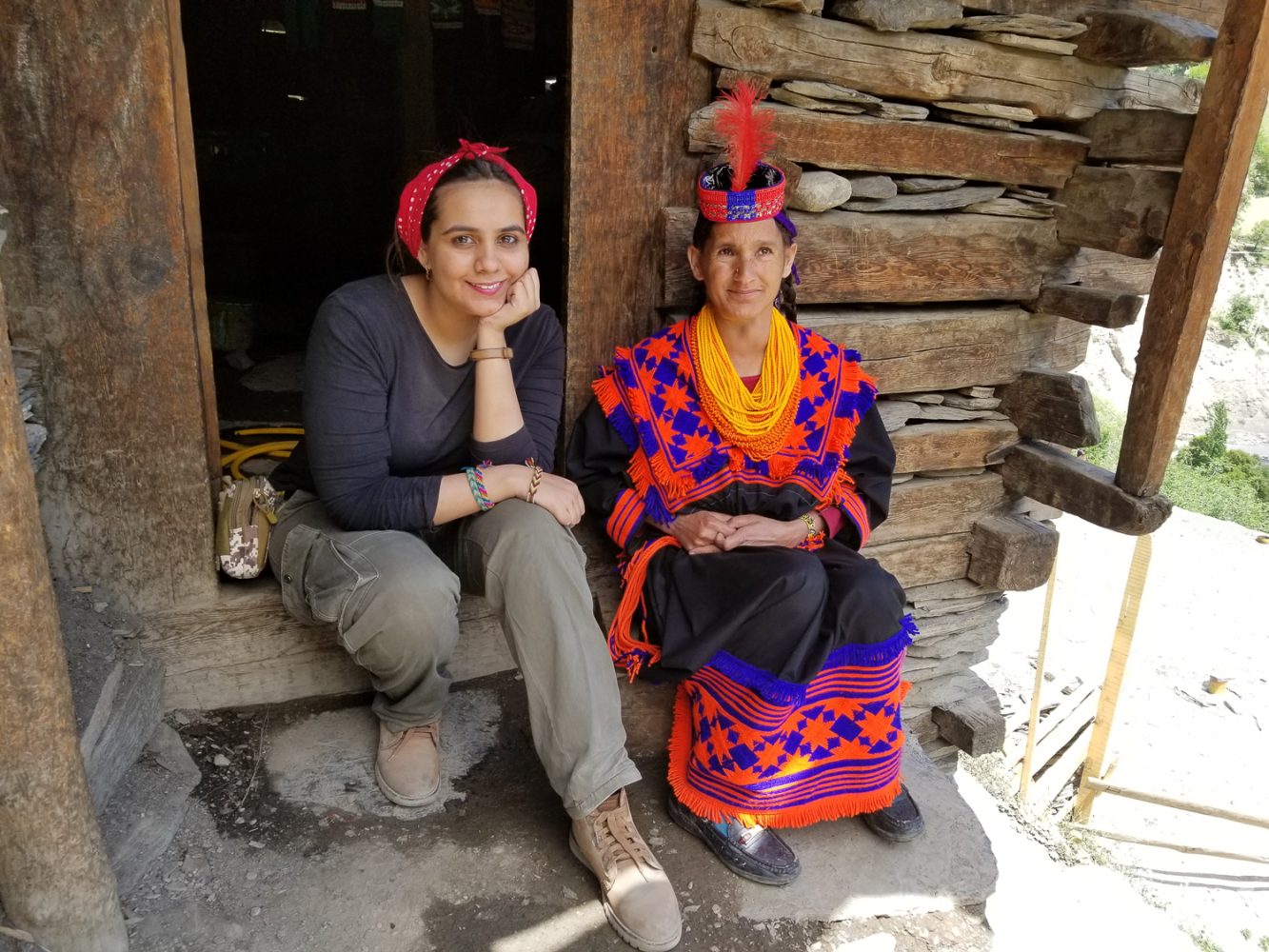
What challenges did you face during that trip?
The road I was traveling on is called the Grand Trunk Road, and it starts in Delhi in India and ends in Kabul, Afghanistan. It is famous for having donkey carts, rickshaw drivers, trucks, and some sections that are not properly made. When the truck drivers press the horn, it’s so loud it can pierce through your ears. I was very tired, but I kept pushing, telling myself, if you’ve made it this far, you can make it to the [next] city. Constantly giving myself mini goals, that’s how I was able to manage it.
There was a misconception that you completed the ride solo. How did this come about?
Even though I posted pictures with my group, an article written about me said I did it solo. That wasn’t true. There is a tendency for the media to spice things up. I got backlash from the biker community when this happened because they thought I was lying. It was kind of surprising when you expect the most support, but you’re getting discouragement.
What is the significance of your trip for women in Pakistan?
I can confidently say that I changed the narrative around women on motorcycles in Pakistan. Because of that first trip, everyone was like, “Oh my God, we can’t believe this is happening in Pakistan.” Traveling to the north, or any country in the world, was foreign for Pakistanis. They couldn’t even believe that a motorcycle was capable of that. Bikes are just used in the city for commuting from point A to point B, and suddenly a girl is saying we can go to the north and do this too.
After the first trip, the government distributed motorcycles to several hundred women and invited me as a chief guest. More and more policies are being made at the government level; I was surprised that a single trip can change how people view transport. In the beginning, in interviews, I would say no, it’s not me. But now, I proudly say it’s me because you can see so many women riding now, and I can confidently say it is because of that trip.
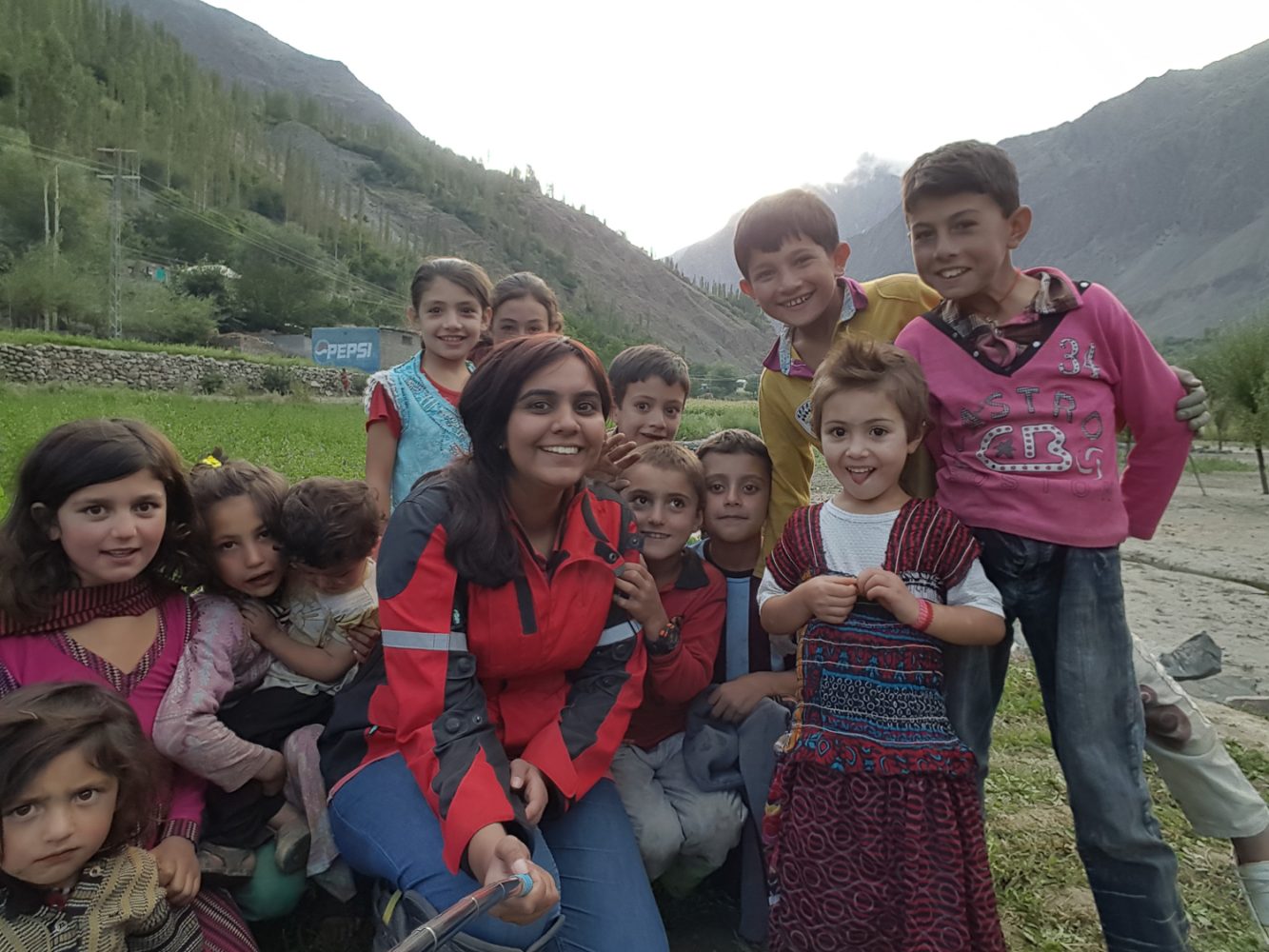
What did you learn from this ride through Pakistan?
From 12 until 21, I was going through this identity crisis; I couldn’t fit in. I did not know what it meant to be a Pakistani. Most Pakistanis born abroad face this—they’re not sure what their own country is like or who they are.
When I took that trip, I remember being exposed to the Pakistan that a lot of Pakistanis are still not exposed to because when you’re on a motorcycle, it’s a 3D experience. If you’re on a bike, you’re exposed to the elements around you, the environment, the road, and people. You can have an experience that will change you from the soul.
There is a famous saying in the community, “Four wheels move the body; two wheels move the soul.” It’s all about how you engage in that experience and perceive the people along the way. I’m Pakistani and Muslim, and so many labels are attached to me. But all of those labels kind of fade away because traveling unites us.
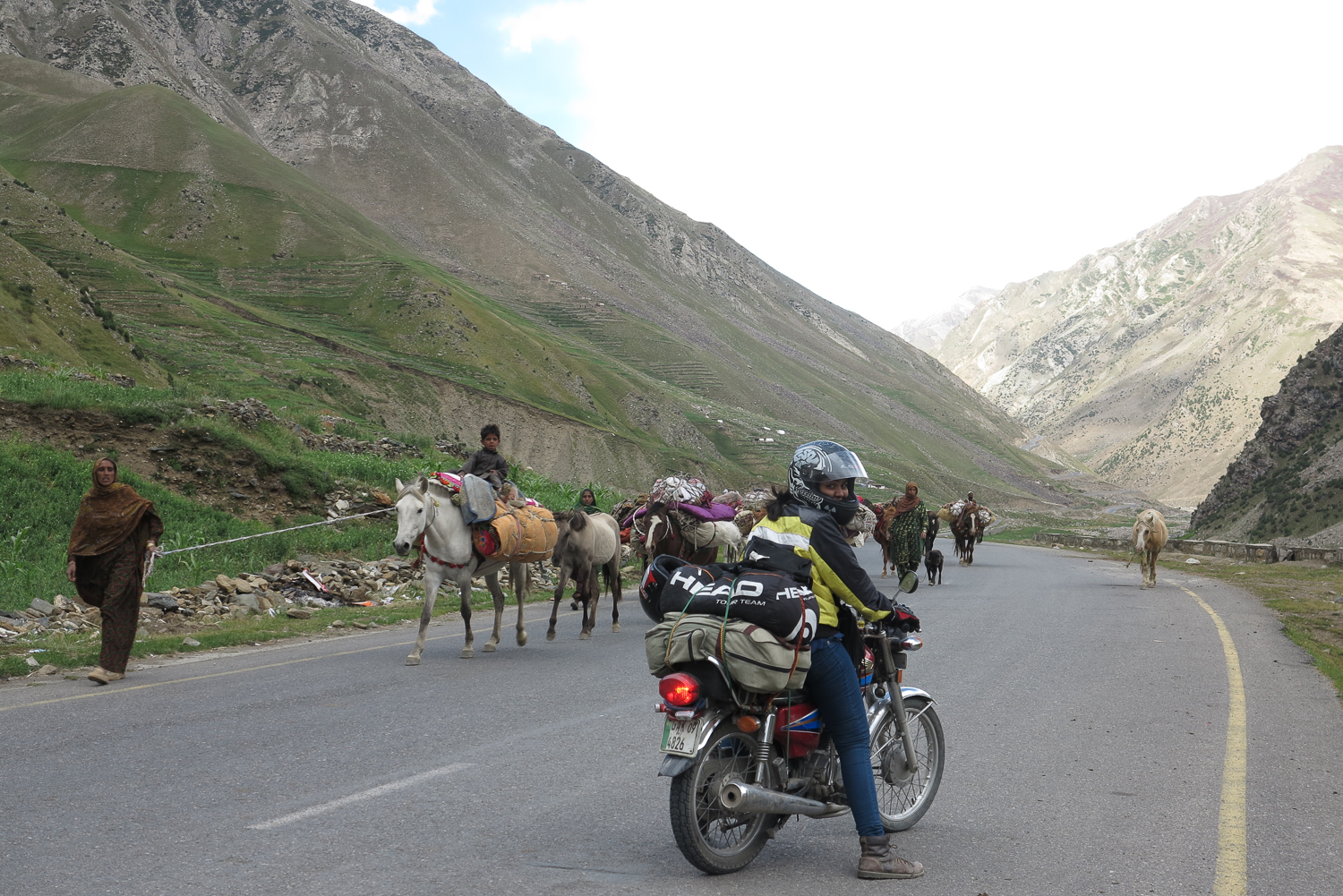
What is the importance of your journey on young girls in Pakistan?
I was passing through a village near Swat. Swat was occupied for a long time, filled with terrorists and the Taliban. But I rode there in 2018, and it was a safe place to travel. The locals are cheerful, but the young girls are so curious. When they look at you, they can’t believe you’re human. They touch you and are surprised to see a woman on a motorcycle wearing a red biker jacket. When she grows up in the future, maybe [one of the girls] will remember me, that red jacket girl, and she will be able to fulfill her dreams. That is my entire motive for riding.
What do you believe are some misconceptions about Pakistan?
One of the misconceptions is that our religion doesn’t allow women to drive motorcycles. There are [several] role models in Islamic history—the wives of the prophets and women who went to war on horses. You have examples from the Islamic kingdom of people doing this. It’s the culture that’s restricting the person. Another example is if you go to a Muslim country, [you believe] everyone would be covered. That’s not the case in Pakistan. It’s a choice for them to exercise. Come with an open mind, and you will be able to understand the difference between culture and religion. A lot of times, when people come here, they expect women to be covered, or that religion forces them to do this, but it’s the culture, not religion. There’s a huge difference between these two things.
It’s an unpredictable country, one that will continue to surprise you. One moment you’re sitting with a guy who is gay and Muslim; the next moment, you’re sitting with a Pakistani who is transgender or [one] who is conservative. When you come to Lahore, you’ll be shocked to see how fashionable the girls are. I love being here now.
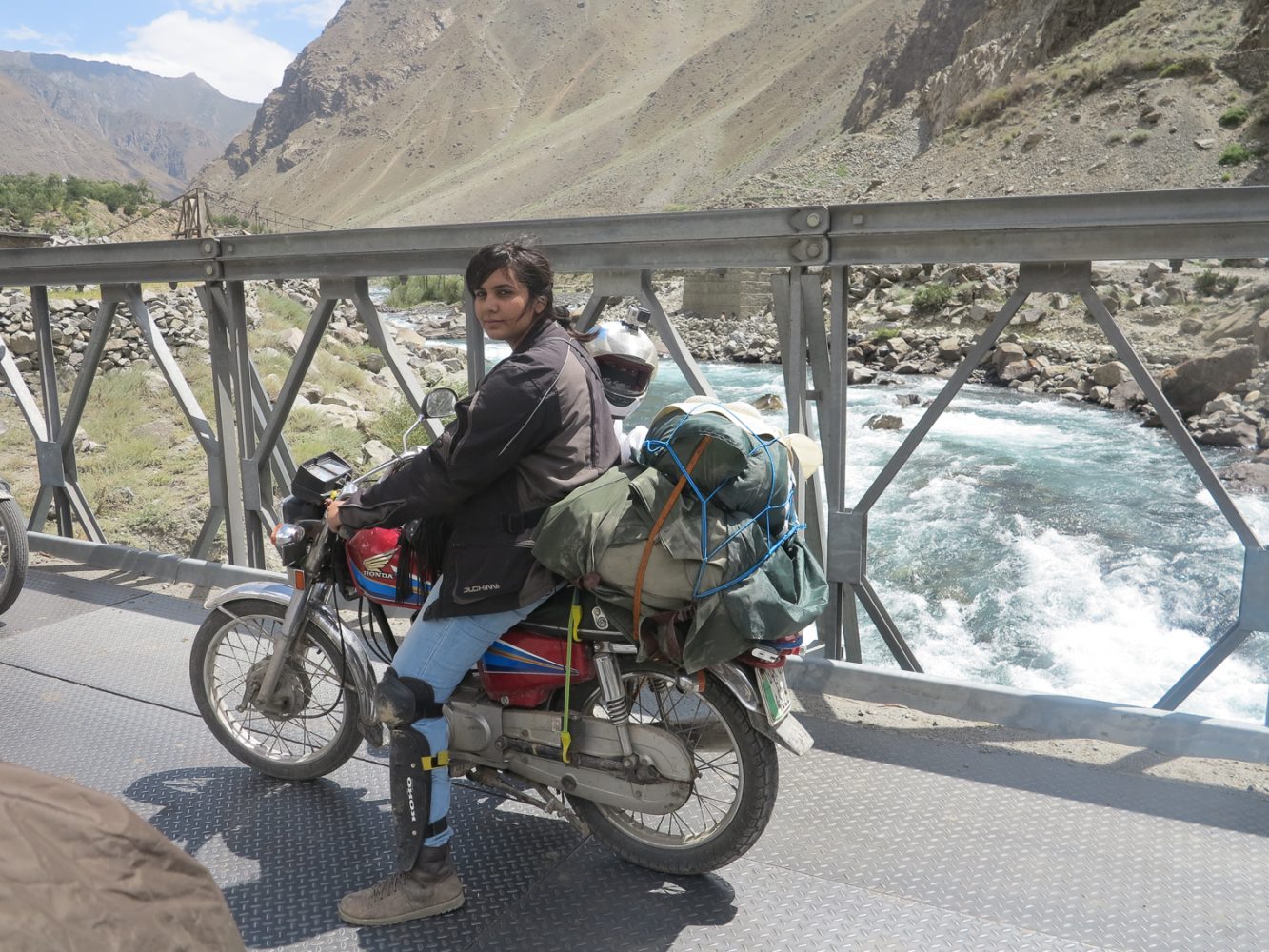
To learn more about Zenith Irfan, follow her on Instagram @zenithirfan.
Our No Compromise Clause: We carefully screen all contributors to ensure they are independent and impartial. We never have and never will accept advertorial, and we do not allow advertising to influence our product or destination reviews.


